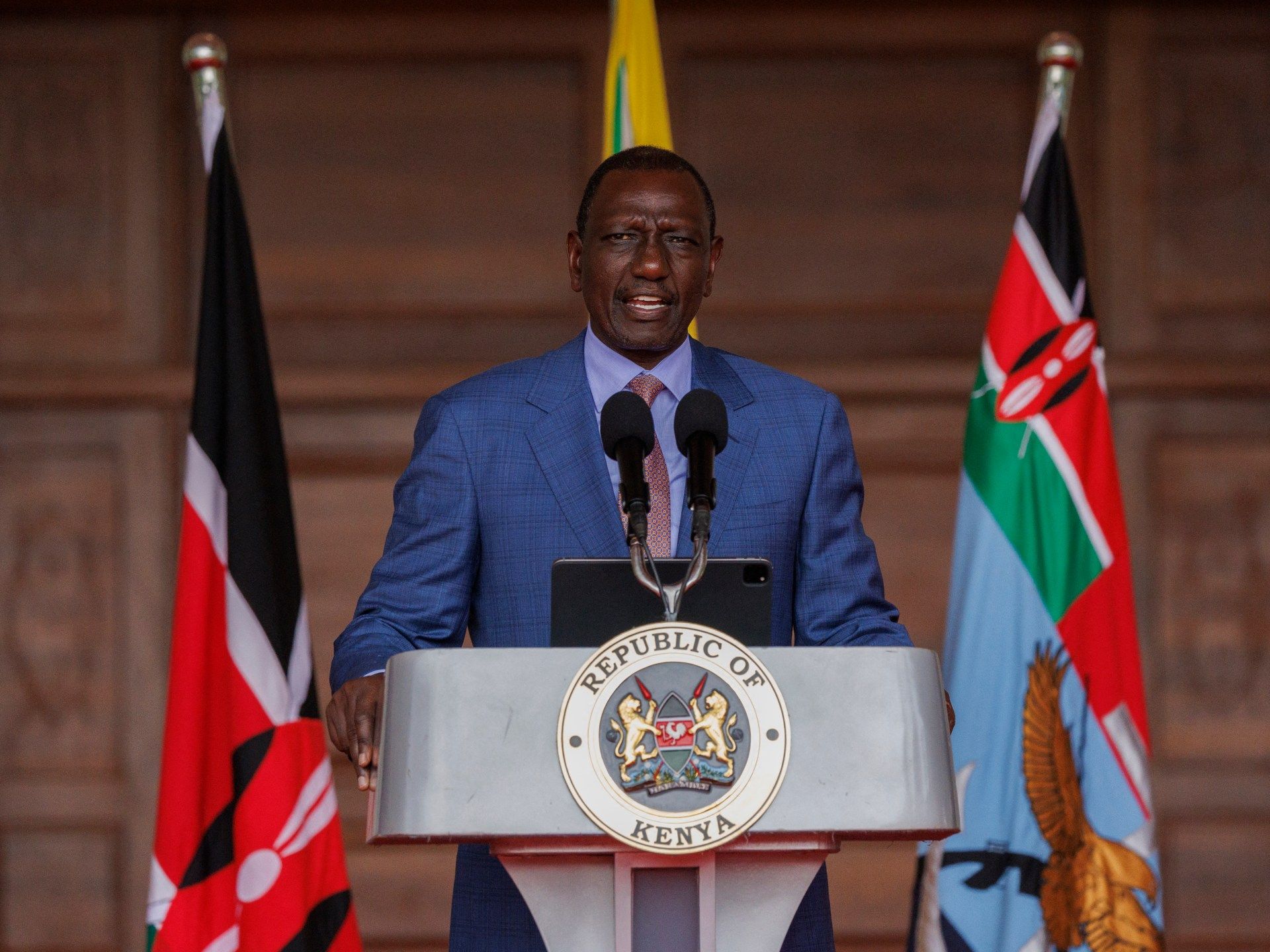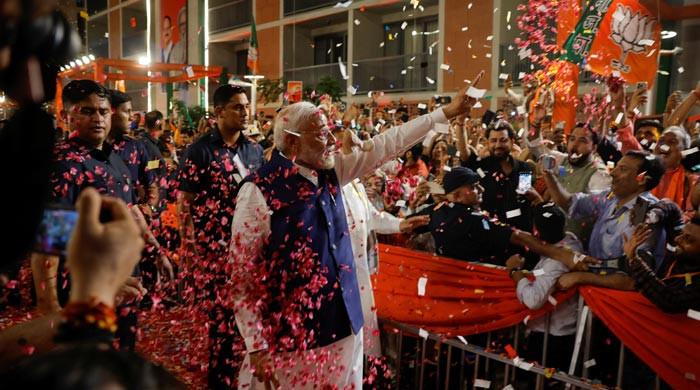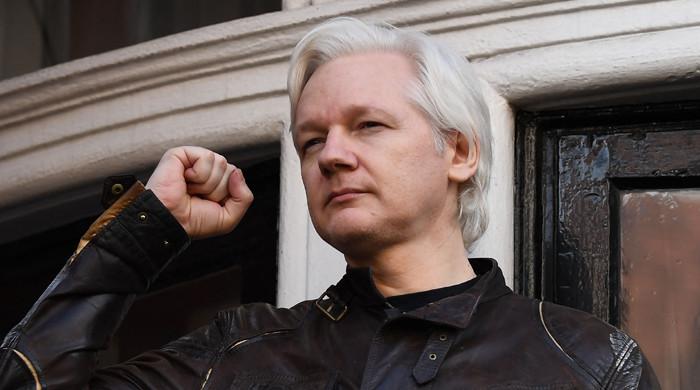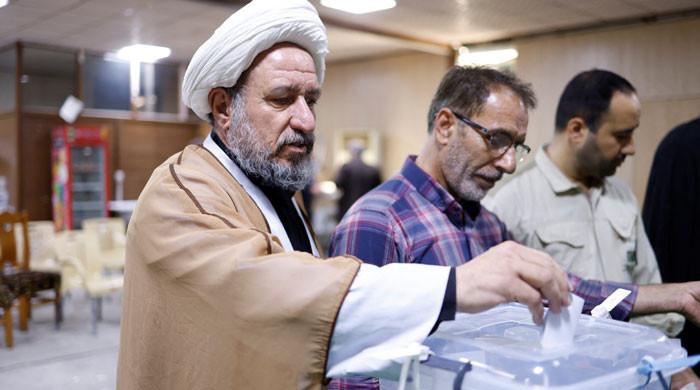President William Ruto announces 11 appointments, including six members of the cabinet he sacked last week.
Kenyan President William Ruto has announced a partial cabinet after weeks of anti-government protests.
In a televised address on Friday, Ruto announced 11 appointments, including six members of the previous cabinet.
The East African nation has been rocked by a month of protests that began as peaceful demonstrations against tax increases but have evolved into a broader anti-government campaign demanding Ruto's resignation.
At least 50 people have been killed since protests began on June 18, according to the Kenya National Human Rights Commission.
Last week, Ruto sacked almost his entire cabinet, one of a series of measures aimed at appeasing protesters, but there were protests this week as well.
Ruto said in his speech that the events of the past month have caused “tremendous anxiety, concern and uncertainty”.
“The crisis has presented us with a great opportunity as a nation to build a broad and inclusive citizen coalition for national transformation and progress, comprising Kenyans from all walks of life,” Ruto said in his speech.
“I have therefore begun the process of forming a new broad-based Cabinet to help drive the urgently needed and irreversible transformation of our country.”
The ministers of the Interior, Defence, Environment and Land were re-elected.
Kithure Kindiki, head of the Ministry of Home Affairs and National Administration, is also in charge of Kenya's police force, which is currently facing scrutiny for its response to the protests.
The nominations, which must be approved by parliament, also include Kenya's first female attorney general.
But activists were quick to reject Ruto's appointments, posting pictures with the word “Rejected” written across the list.
Opposition coalition Azimio criticised Ruto's announcement as a “cosmetic” change and said it would not join a national unity government led by Ruto's Kenya Kwanza.
“This is a betrayal of the Kenyan people, particularly Generation Z and millennials who have paid the ultimate price to rid this country of the disastrous Kenyan Kwanza regime,” he said in a statement.
Protesters have rejected the idea of a unity government, saying a deal between rival parties would only maintain a tradition in Kenyan politics of leaders co-opting the opposition with jobs and benefits while the population sees no benefit.












